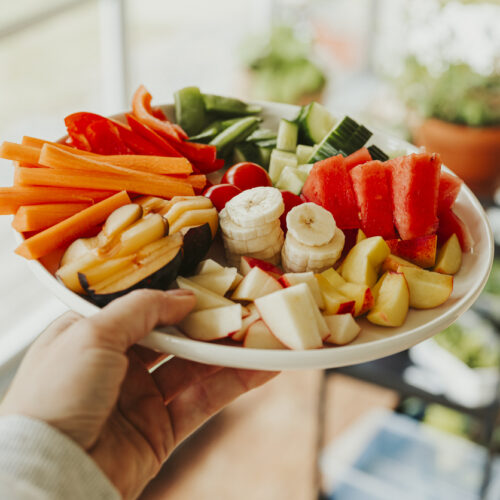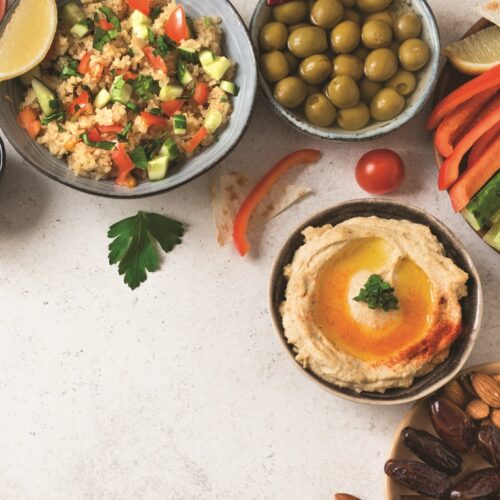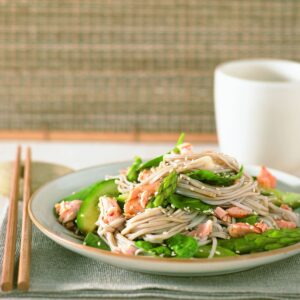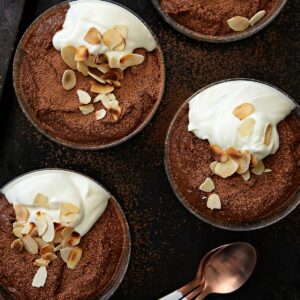
Coconut would have to be one of the most ‘on trend’ ingredients the past few years. Years ago, coconut was found in muesli, in your gran’s Louise cake and as decoration on top of a chocolate cake, but today there’s such a huge variety of coconut products it can be hard to separate fact from marketing.
We know that coconut oil isn’t all it’s cracked up to be so what about other coconut products? Here’s a quick look at some other popular coconut products and their nutritional value.
1. Coconut sugar
Coconut sugar is often hailed as a healthier alternative to your usual cane sugar. It’s made from the crystallized nectar of coconut palm tree flowers. Coconut sugar contains very small amounts of vitamins and minerals and is low glycemic index, probably due to the presence of a type of fibre called inulin. However, replacing cane sugar with coconut sugar doesn’t suddenly make a food healthy. The small amounts of vitamin and minerals are insignificant and whether a sugar is refined or unrefined, we should still aim to keep our sugar intake low.
2. Coconut nectar
Coconut nectar is very similar to coconut sugar, but it’s the liquid version before it is crystallised. Therefore, everything mentioned above applies. It may be less refined, but it’s still a type of sugar.
3. Coconut flour
Coconut flour is a by-product from making coconut milk. After the coconut has been pressed for coconut milk, most of the liquid and fat is removed, leaving behind the dried coconut flesh. This is then ground to make flour. Nutritionally, coconut flour is very high in fibre (around 43g per 100g) which is a bonus as most flours are low in fibre. It is also a source of protein and is low in carbohydrate. Because a lot of the fat is removed in making coconut milk , coconut flour is lower in fat than other coconut products at around 10% fat. Coconut flour doesn’t behave in the same way as grain based flours. Because of its high fibre content, it’s highly absorbent and most recipes with coconut flour have plenty of liquid and eggs. You can mix coconut flour with other flours to reduce the glycemic index and increase the dietary fibre of the recipe.
4. Coconut water
Coconut water is the clear liquid from a young coconut and it has really risen in popularity over the past few years. As opposed to high fat coconut milk which is the fluid from mature coconuts, coconut water is low in fat. It contains between 4-6g of sugar per 100g which is around half of that of other fruit juices and fizzy drinks. It’s low in sodium and a source of potassium – a 250ml serve contains similar amounts to a medium banana. It’s promoted as being very hydrating, but water is sufficient for most of us exercising for under an hour at a moderate intensity. Coconut water can be a refreshing drink, but remember it does contain some sugar so you do need to watch how much you consume.
www.healthyfood.com










